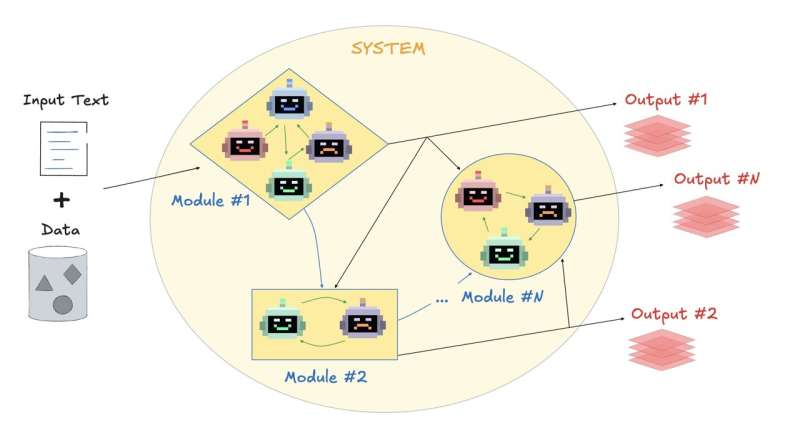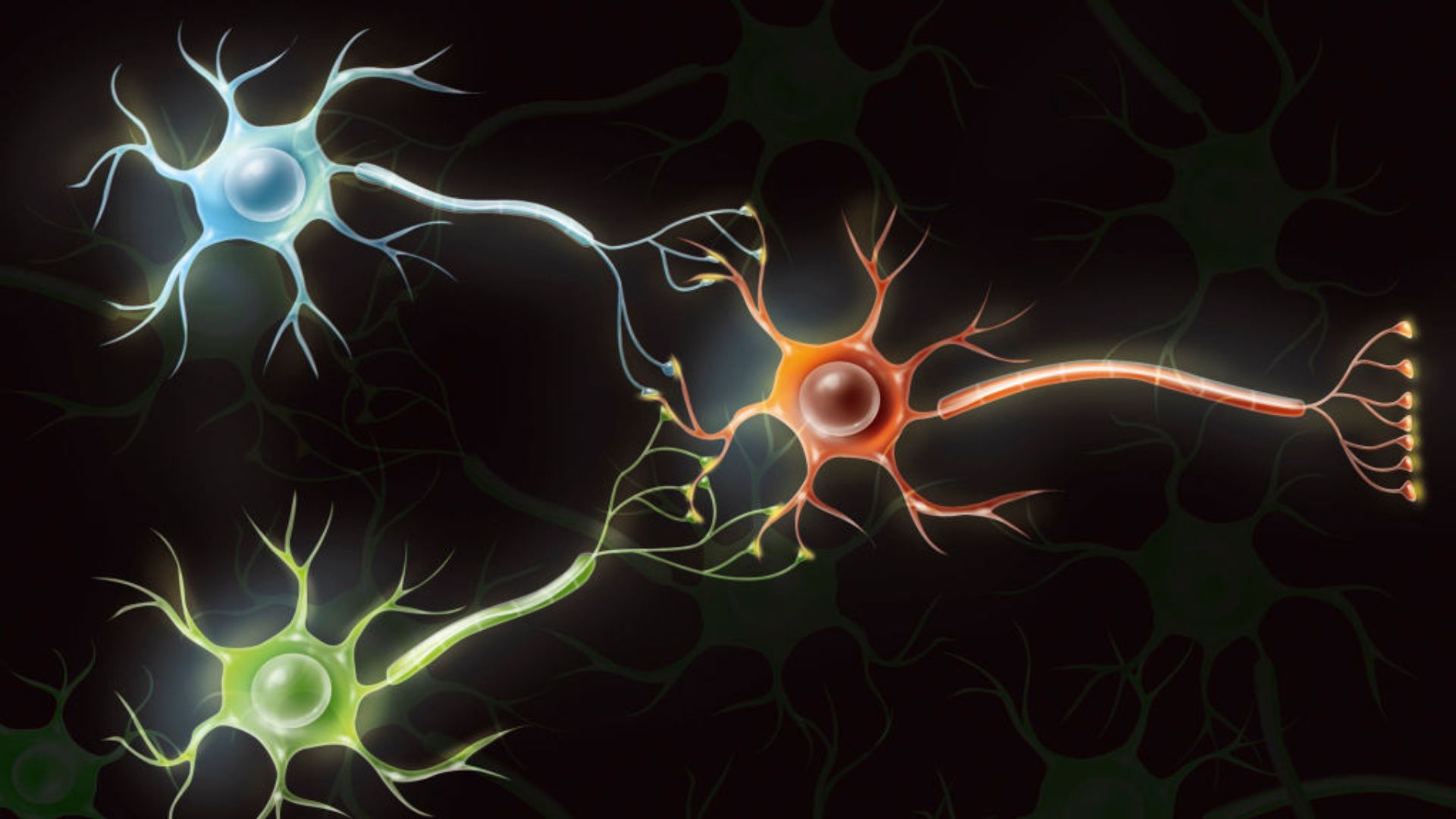Researchers have unveiled an innovative AI-powered tool named Denario, designed to enhance the scientific research process. Developed collaboratively by the University of Cambridge, the Flatiron Institute, and the Autonomous University of Barcelona, Denario aids scientists in generating research questions, analyzing data, and drafting scientific documents. This tool aims to make research faster, more dynamic, and interdisciplinary, addressing various stages of the scientific process.
The current landscape of AI in science includes tools like ChatGPT, which can assist with specific tasks such as visualizing data or writing abstracts. However, these tools typically focus on isolated steps. In contrast, Denario offers a comprehensive assistant that synthesizes existing research papers, formulates new questions, analyzes data, and prepares manuscripts. The creators believe that this holistic approach could significantly accelerate scientific discovery.
Denario’s development team published their findings in March 2025 on the arXiv preprint server. They suggest that the tool could not only expedite research but also broaden its scope, enabling scientists to leverage its capabilities for various tasks depending on their needs. “Sometimes the most interesting thing is the idea, because maybe it’s a new idea that hasn’t been explored,” stated Francisco Villaescusa-Navarro from the Flatiron Institute, emphasizing Denario’s potential to inspire innovative thinking.
Despite its capabilities, the team clarifies that Denario does not replace human scientists. The current version has limitations, with approximately one in ten outputs yielding valuable insights. Instances of fabricated data have also been reported, underscoring the necessity of human oversight in evaluating Denario’s contributions.
Led by Dr. Boris Bolliet from Cambridge, Pablo Villanueva Domingo from the Autonomous University of Barcelona, and Villaescusa-Navarro, the development team comprises experts from various fields, including astrophysics, biology, chemistry, and machine learning. They identified the opportunity to utilize advanced large language models, like those found in ChatGPT and Google Gemini, to enhance every phase of the research process.
Denario employs a collection of AI “agents,” each dedicated to specific tasks. While it can facilitate the entire research process, users can also engage individual agents for particular functions. “We designed Denario with a modular architecture so that users can choose which of its components best fit their research,” noted Bolliet from Cambridge’s Cavendish Laboratory.
To initiate a project, scientists upload a dataset and describe their objectives. The first agents generate and refine ideas for addressing the dataset, while subsequent agents scour existing literature to ensure the proposed project is novel and grounded in prior work. Once the concept is finalized, additional agents recommend methods for analysis, utilizing a multi-agent system known as CMBAgent to write, debug, and interpret results.
Testing of Denario has occurred end-to-end across various datasets in disciplines such as neuroscience, chemistry, and materials science. Although expert reviews deemed most outputs unsuitable, around 10% generated intriguing questions or findings. The interdisciplinary nature of Denario is particularly exciting, as it can draw ideas from diverse fields that scientists might not typically consider.
The research team envisions Denario as a tool to reclaim valuable time for scientists. “I hope that Denario will help accelerate science by enabling researchers to spend less time on menial tasks and more time on creative thinking,” expressed Bolliet.
Future iterations of Denario will aim to enhance efficiency and improve output quality, including the ability to identify and filter out low-quality results. Nonetheless, challenges remain. Some write-ups failed to clearly convey uncertainty in results, and the AI sometimes struggled to reference previous studies accurately, even when able to describe their content.
There are additional technical and ethical concerns to address, such as the potential for Denario to produce misleading information or to grapple with copyright issues. The researchers have even implemented restrictions to prevent the generation of fabricated data.
As the team looks forward to discussions surrounding the appropriate use of Denario and similar tools in scientific research, they emphasize that the project’s success is attributed to the collaboration between academia and industry. The advancements presented by Denario could pave the way for a new era in scientific discovery, enhancing the efficiency and scope of research across disciplines.







